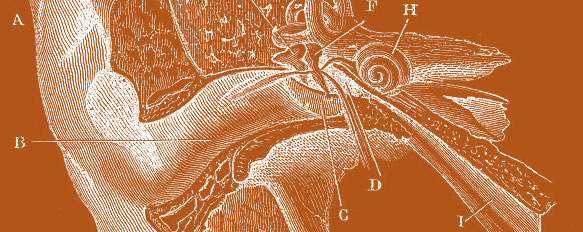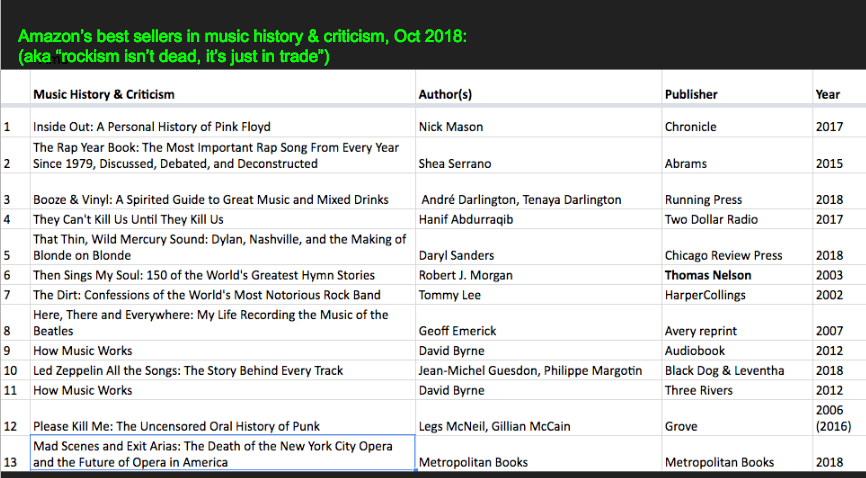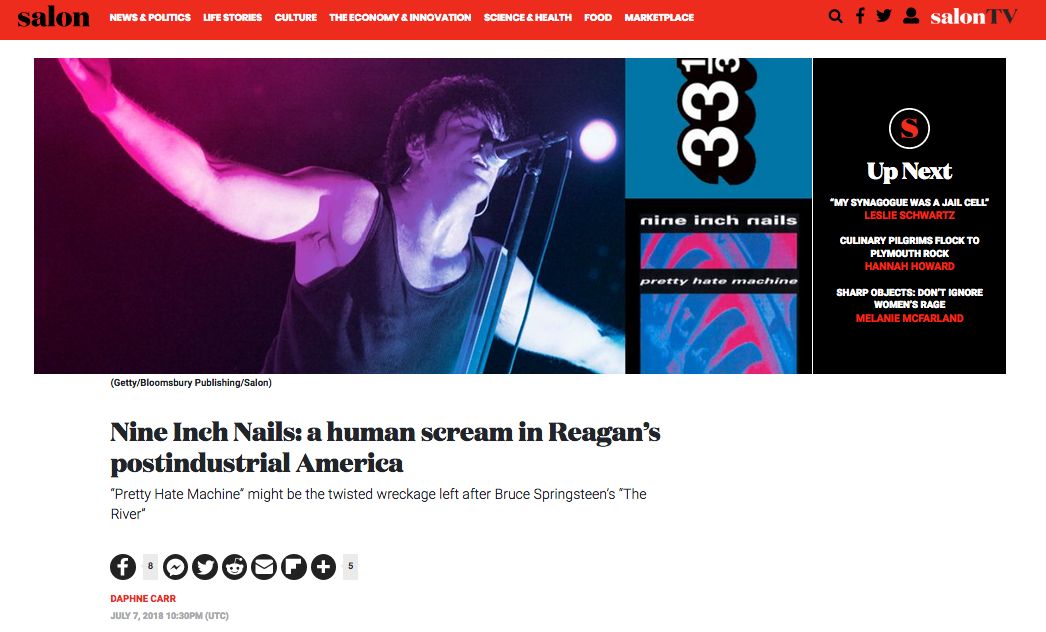Maggie Vail just posted a tweet asking someone to write a piece about older women going to shows, especially alone. I wrote this piece for the Insound blog in the late 1990s, when I was in my early 20s. I should revisit this now as someone nearing 40. I apologize for making an ageist comment about Kim Gordon, but I left it in as archive:
GOING TO SHOWS ALONE AS A WOMAN
Often I go to shows alone. This may not seem very peculiar, but next time you go to a show, see how many men are standing by the walls, by poles and columns or hanging by the bar appearing to be with someone else. Then count how many women do it. It’s not uncommon to see men up to sixty at shows by themselves (witness the old man bootlegger in NYC), but the only old woman you’ll see at a show is Kim Gordon. I live in fear.
Sometimes I go because I have to cover the show for publication, but more often I don’t even bother asking anyone else. There is an uncomfortable dance that I must do to get a friend to venture into unfamiliar music; I twist the sounds into words they would understand, words that they have used to express delight at their own artistic conquests. Only several steps away from blatant manipulation, the ordeal begins what could be a catastrophic evening.
As my addiction only grows over time (in spite of what my mother said), I have developed a set of friends with a whole range of musical tastes to correspond to the events I desire to attend. This includes both fanatics and those with a sense of irony strong enough to accompany me on whatever random adventures take my fancy.
Upon moving to London I was both horrified and excited to find dozens of shows just waiting for me. The guilty pleasure of circling things in NME! The terror of potentially seeing The Cure alone! (Come on, the Bloodflowers tour? I have to.) But I have lost my infrastructure and comfort zone. So, in abandon, I have been dragging my classmates to shows as often as my powers of persuasion allow.
I find two categories of success, hit and miss. The first is an unexpected surprise. I gambled my fortune by taking two friends to see Motorhome, a Swedish pop band whose pre-gig (gig is English for show, but I feel so much like an annoying Guitar Magazine writer for typing it) blurb made mention of melancholy and Nick Drake. Had to see what that was all about. Bonus points were scored for the slick club with rice paper walls and what seemed to be the entire population of the Royal Art Academy packed in its basement confines. Those points were then wiped away by the opening band, whose pretensions leaned towards the Verve, but whose roots lay in the nether regions of the Dead. I must admit, sadly, that I lost one soldier during the changeover.
But Motorhome! Apart from the awful, awful name, the band was amazing…well Radiohead is amazing and they are rather a carbon copy (minus the astute lyrics). I know, humble reader*, that you say no one can be Tom Yorke, but this man had the golden voice, the long strains of woe, the amazing reach. It was all settled in the braver soldier’s account of the evening. “Daphne took me to see a great band last night.” Ahh, the thrill of the capture.
Then comes the catastrophic plunder of the miss. This most often takes the form of someone who is unfamiliar with one genre but quite devoted to another. There is a reason he or she never got in to it, but then insist that maybe this evening will be an awakening. Witness friend C, a monstrously cool girl with subcultural tendencies who never ‘got in’ to classical music. What better than a night of Stravinsky for introduction? I should have seen this one coming, but it wasn’t until we were well situated in the concert hall that I realized the depth of my mistake.
She tossed. She bumped into people around her. During intermission she began her informal observations of the dead white men canon. With every passing moment her body seemed more contorted: angry with me for bringing her into this din. In response I grew nervous. The performance wore on for over three hours in which I began frantically rethinking every aspect of the situation: the music, the man, the institution. I’ve already wrestled with my love of privilege music and my personal politics. This was not the time. These things would have never happened if I had come alone.
Then came the silence. The unbearable silence created after musicians have left the stage, when people shuffle to get their coats at the check and ushers run to pick up stray pieces of paper between the seats. I wanted to apologize to her for the disaster that was an evening of discordant new music reflecting on Stravinsky (Not what I’d expected, and some parts were painful). I wanted to give her the evening back. She was terribly polite about it.
“I will never subject a friend to that again,” “I will just go alone,” and other stoic statements followed. Of course, those words are casually forgotten when a lull in plans presents my ability to gain an evening’s partner. But I must be careful because to this partner I am now in artistic debt. Starting on that evening, I have to keep up my guard for advances. Soon the favor will have to be returned and then I will become the unknowing spectator.
I live in expectation that my friends will present me with wondrous and unknown vistas of entertainment in return for my exposing them to new things. Inside, I recoil with the primal fear of the unknown.
*Forgive this: I am reading DeQuincey and the like here, and they charmingly address the audience all the time. I had to try it out.


